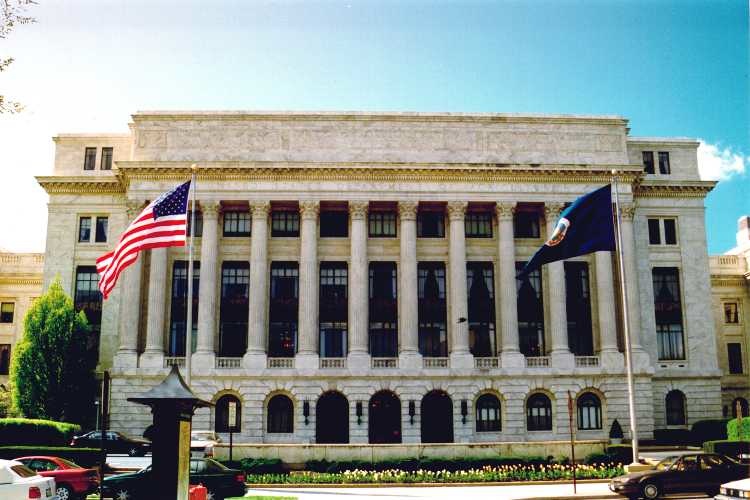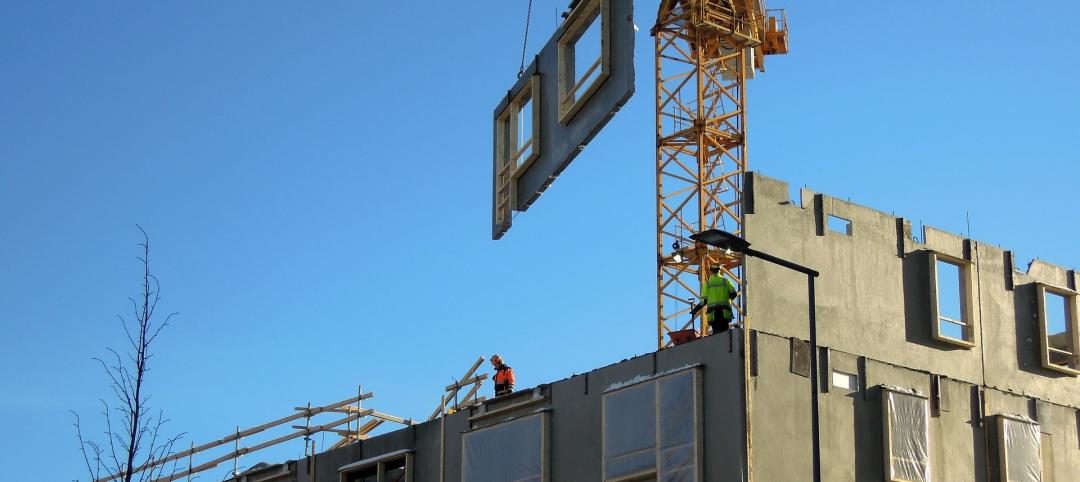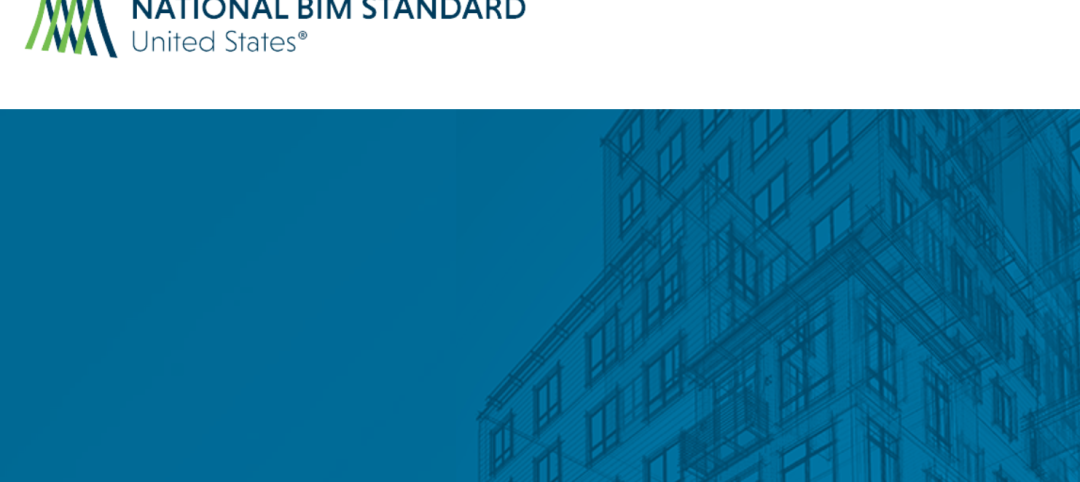The U.S. General Services Administration has issued a Request for Qualifications seeking developers who can provide construction and development services in exchange for the GSA Regional Office Building and Cotton Annex, both located in Southwest Washington, D.C.
These services would be used to help GSA consolidate about 1,500 regional staff from the Regional Office Building into the GSA headquarters located at 1800 F St., NW and renovate up to three historic buildings at St. Elizabeths campus in Southeast Washington.
This action will allow GSA to leverage the value of outdated and underperforming properties to provide the government with efficient modern office space to better serve our current needs.
Last year, the agency issued a Request for Information (RFI), soliciting innovative ideas from the development community to help the agency gather possible development scenarios that provide cost savings, space, efficiency, and modernization solutions for federal agencies located at Federal Triangle South.
“The Federal Triangle South project is an opportunity to reexamine how the federal government uses these buildings and reassess how this space fits into the surrounding community,” said GSA Administrator Dan Tangherlini. “This action will facilitate the city’s efforts to transform this precinct that is dominated by federal office buildings, into a mixed-use neighborhood that will both provide for a modern workplace for federal employees and create a vibrant, diverse, and special community of its own.”
GSA’s action supports the vision for Federal Triangle South identified by the National Capital Planning Commission’s Southwest EcoDistrict -- a sustainable community stretching from the National Mall to the Southwest Waterfront.
The vision includes a number of federal buildings and seeks to reduce costs by overhauling these outdated and underperforming assets, developing state-of-the-art green facilities, and encouraging mixed-use and improved infrastructure. The deadline for RFQ questions is April 17, 2014. Responses are due by May 22, 2014. The RFQ is now posted on Fed Biz Opps.
Reducing the Federal Footprint & Increasing Efficiency
The Obama Administration has set aggressive goals for using federal real estate assets more efficiently, and GSA has increased its efforts to help federal agencies identify underutilized properties and move them into the disposal process.
The Federal Triangle South RFQ is part of GSA’s ongoing effort to get underperforming federal facilities, such as the Cotton Annex, off of the government's books, while creating the greatest possible value for taxpayers. It would also allow GSA to consolidate its employees in the National Capitol Region into one building, the 1800 F St. NW headquarters. This would not only cut costs and reduce energy consumption, but also maximize workplace efficiencies by bringing employees into GSA’s Total Workplace program.
(http://www.gsa.gov/portal/content/189811)
Related Stories
Multifamily Housing | Jun 6, 2023
Minnesota expected to adopt building code that would cut energy use by 80%
Minnesota Gov. Tim Walz is expected to soon sign a bill that would change the state’s commercial building code so that new structures would use 80% less energy when compared to a 2004 baseline standard. The legislation aims for full implementation of the new code by 2036.
Codes and Standards | Jun 2, 2023
Supreme Court drastically reduces wetland areas impacted by Clean Water Act
A recent Supreme Court decision that substantially narrowed the Environmental Protection Agency’s authority to regulate millions of acres of wetlands is expected to open more land for development. More than half of the nation’s wetlands could lose protection under the Clean Water Act, according to environmentalists and legal analysts.
Multifamily Housing | May 30, 2023
Boston’s new stretch code requires new multifamily structures to meet Passive House building requirements
Phius certifications are expected to become more common as states and cities boost green building standards. The City of Boston recently adopted Massachusetts’s so-called opt-in building code, a set of sustainability standards that goes beyond the standard state code.
Contractors | May 26, 2023
Enhanced use of data is crucial for improving construction job site safety
Executives with major construction companies say new digital tools are allowing them to use data more effectively to reduce serious safety incidents and improve job site safety.
Affordable Housing | May 17, 2023
Affordable housing advocates push for community-owned homes over investment properties
Panelists participating in a recent webinar hosted by the Urban Institute discussed various actions that could help alleviate the nation’s affordable housing crisis. Among the possible remedies: inclusionary zoning policies, various reforms to increase local affordable housing stock, and fees on new development to offset the impact on public infrastructure.
Sponsored | Building Enclosure Systems | May 16, 2023
4 steps to a better building enclosure
Dividing the outside environment from the interior, the building enclosure is one of the most important parts of the structure. The enclosure not only defines the building’s aesthetic, but also protects occupants from the elements and facilitates a comfortable, controlled climate. With dozens of components comprising the exterior assemblies, from foundation to cladding to roof, figuring out which concerns to address first can be daunting.
Multifamily Housing | May 16, 2023
Legislators aim to make office-to-housing conversions easier
Lawmakers around the country are looking for ways to spur conversions of office space to residential use.cSuch projects come with challenges such as inadequate plumbing, not enough exterior-facing windows, and footprints that don’t easily lend themselves to residential use. These conditions raise the cost for developers.
BIM and Information Technology | May 8, 2023
BIM Council seeks public comments on BIM Standard-US Version 4
The Building Information Management (BIM) Council is seeking public comment on an updated national BIM standard. NBIMS-US V4 has been three years in the making and is scheduled to be released this fall.
Regulations | May 8, 2023
Supreme Court case likely to have huge impact on Clean Water Act
A case before the Supreme Court will likely determine how the Clean Water Act is interpreted and the ruling could open up new areas for development within or adjacent to wetlands.
Codes and Standards | May 8, 2023
New ASHRAE standard defines ‘zero energy’ and ‘zero carbon’ buildings
ASHRAE has released a new standard that defines the terms ‘Zero Energy’ and ‘Zero Carbon’ to describe buildings. ANSI/ASHRAE Standard 228-2023, Standard Method of Evaluating Zero Net Energy and Zero Net Carbon Building Performance, sets requirements for evaluating whether a building or group of buildings meets a definition of “zero net energy” or a definition of “zero net carbon” during operation.

















